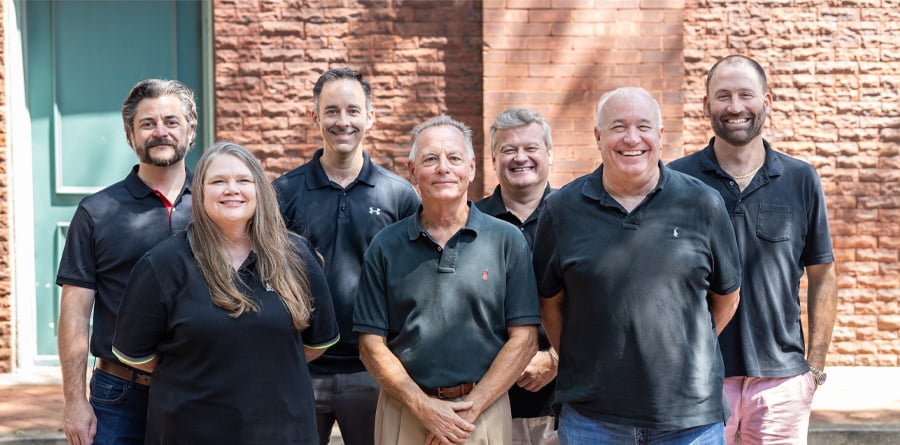Motorcyclists typically have a special bond with their bike. They can spend hours driving on highways and through the country side. Unfortunately, people are 27 times more likely to get into an accident on a motorcycle than in another type of vehicle.
When these accidents happen, cyclists are at risk for multiple types of injuries like internal bleeding and broken bones. Only one type of injury kills the most motorcyclists on the road, TBI.
What is a TBI?
Traumatic brain injuries happen with the head receives damage from a strong blow or jolt. Not every bump causes an injury, but the ones that do can cause TBIs that range from mild to severe. Typically, TBIs are mild and labelled as “concussions.”
Despite the mild concussions, TBIs are often labelled as “silent killers” because they can be difficult to prove. Many victims of traumatic accidents appear normal, speak normally and do not show obvious symptoms of a brain injury.
Health care professionals use neurological exams and imaging tests to diagnosis TBI, but it could be misclassified in terms of severity. Most people have mild traumatic brain injury but only as a medical classification.
The only protection motorcyclists against TBI is their helmet; it makes them more vulnerable to severe head injuries or other fatal injuries than drivers in an enclosed vehicle. However, the National Highway Traffic Safety Administration found helmets are about 37 percent effective in preventing motorcycle deaths and about 67 percent effective in preventing brain injuries.
Even if the rider wears a helmet, it does not guarantee other poor conditions such as potholes, traffic or oil slicks will not cause an accident for a motorcyclist. Slides can send a cyclist spinning into oncoming traffic or nearby neighborhoods in the worse circumstances.
How to treat TBIs
Recognizing a traumatic brain injury immediately after an accident can help victims recover faster, but symptoms may not appear for a few days, even a few weeks, after the incident. People with moderate or severe TBI may have:
- Headache or neck pain
- Nausea
- Ringing in the ears
- Convulsions or seizures
- Slurred speech
- Dizziness
- Tiredness
- Weakness in the arms and legs
- Dilated eye pupils
Health professionals will classify the severity of the injury and decide the proper procedures from there. Doctors believe treating head injuries can reduce the risk of death by relieving excess pressure in the brain, but there are no certainties.
Reaching out to a medical doctor or professional is the best course of action in case of a motorcycle accident, especially if you suspect a head injury.



